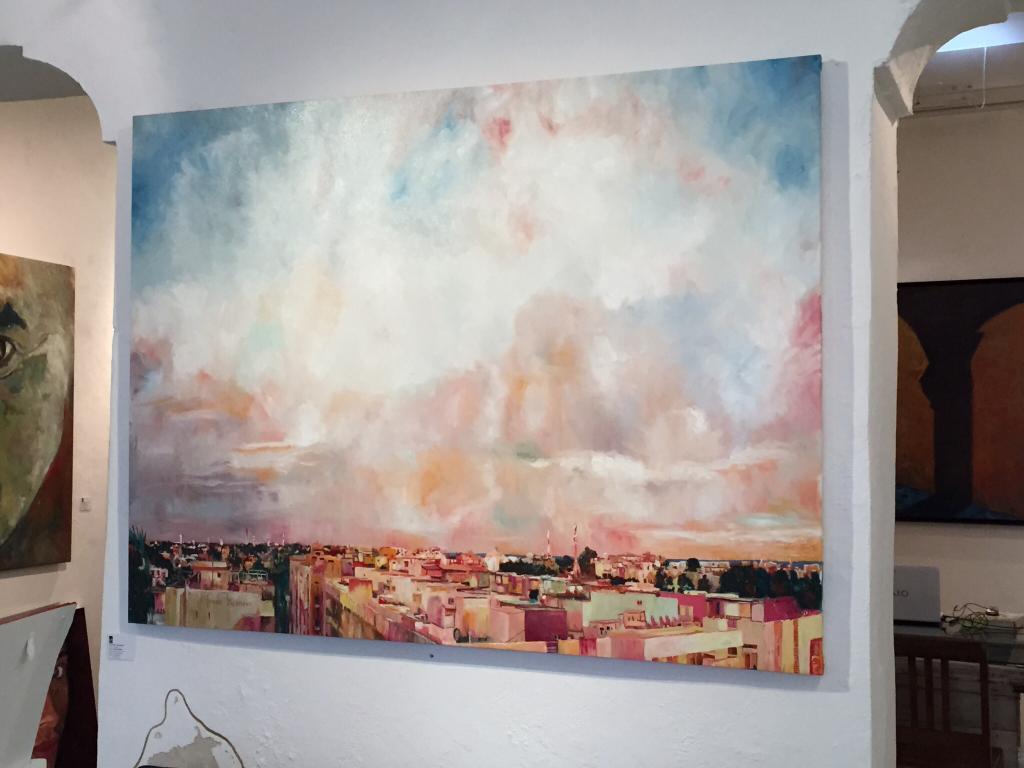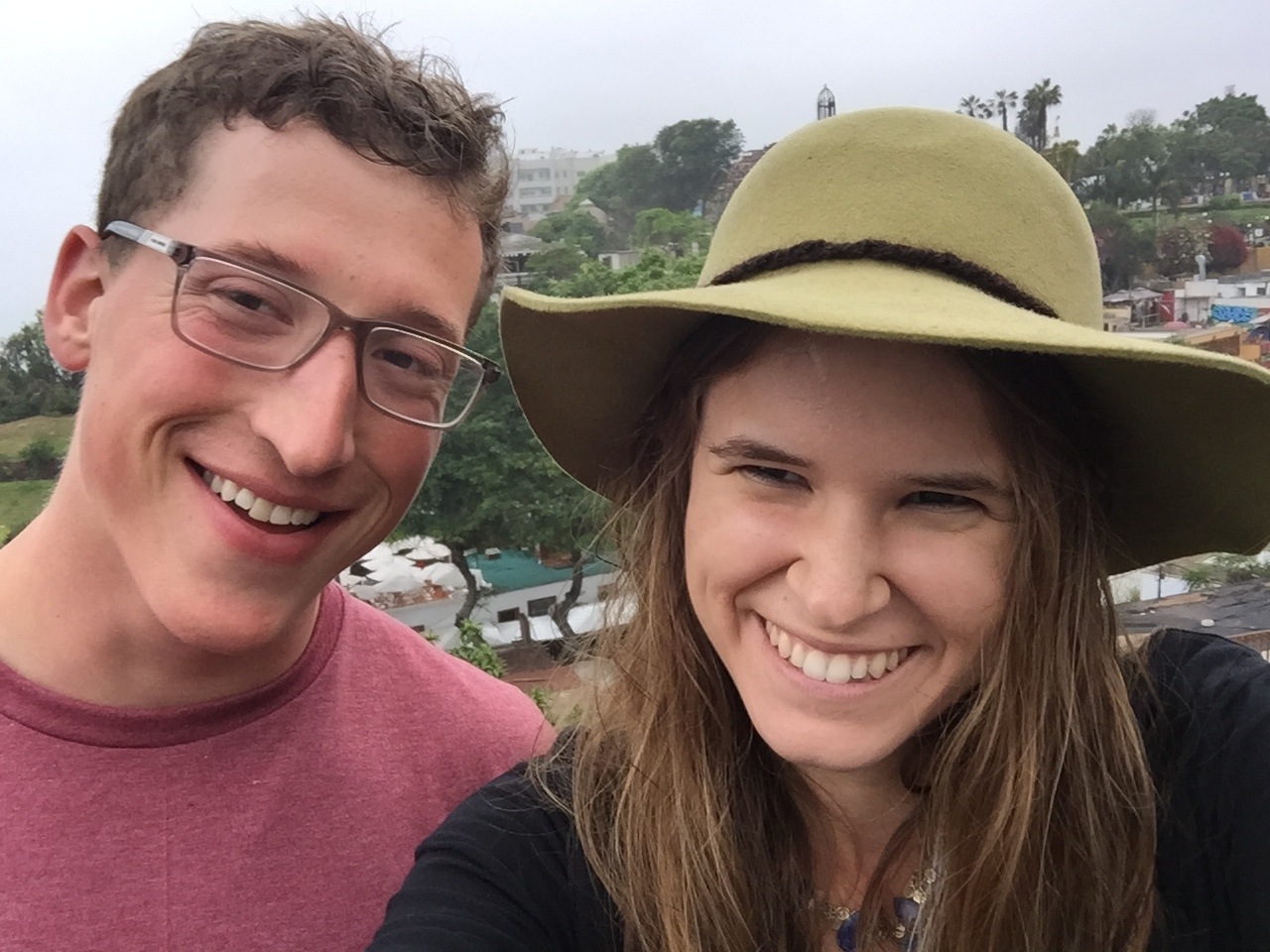“My wife and I opened the art gallery four years ago because we wanted to show off Bolivian artists and their talent,” says Jose Miguel Romero, the co-owner of Merida Romero Art Gallery, located in La Paz, Bolivia.
“We wanted to be part of the lives of people who pass our gallery on the street. So, we turned our gallery into a personal experience for visitors, allowing them to look at books of art and choose the music playing in the gallery from an Ipad.”
Merida Romero Art Gallery in La Paz, Bolivia
As we walk around the gallery with Jose, he points out some of his favorite Bolivian artists, like the sculptor Leon Savadra and 87-year-old painter Alfredo Lapla.
Alfred is one of the most important and representative artists in Bolivia; not only because of the multitude of paintings he has created, but also because of his amazing talent with oil and acrylic paints. Jose proudly tells us that Romero Gallery has the honor of hosting Alfredo Lapla’s last exhibit ever later in October 2015.
Picture of painting by Alfredo Lapla
(Copyright: https://www.tripadvisor.com/Attraction_Review-g150811-d8180239-Reviews-La_Sala_Art_Design_Gallery)
Earlier this year, Jose expanded the Romero name and opened a new art gallery in a high-end mall in Santa Cruz, Bolivia.
“Selling in a mall is a completely new experience for us,” says Jose. “We are seeing if people will react well to the concept.” With 5-meter high paintings and large abstract sculptures, the exhibit is drawing people in and doing well.
“Santa Cruz is a tropical, almost jungle-like setting and the people are very eccentric! We are getting amazing reactions from the abstract work in the exhibit.”
At the end of the day, “our goal is not to just sell art in our galleries,” reminds Jose. “It is to promote art. Merida Romero is not just a business for my wife and I, it is so much more than that, it is a love of art.













